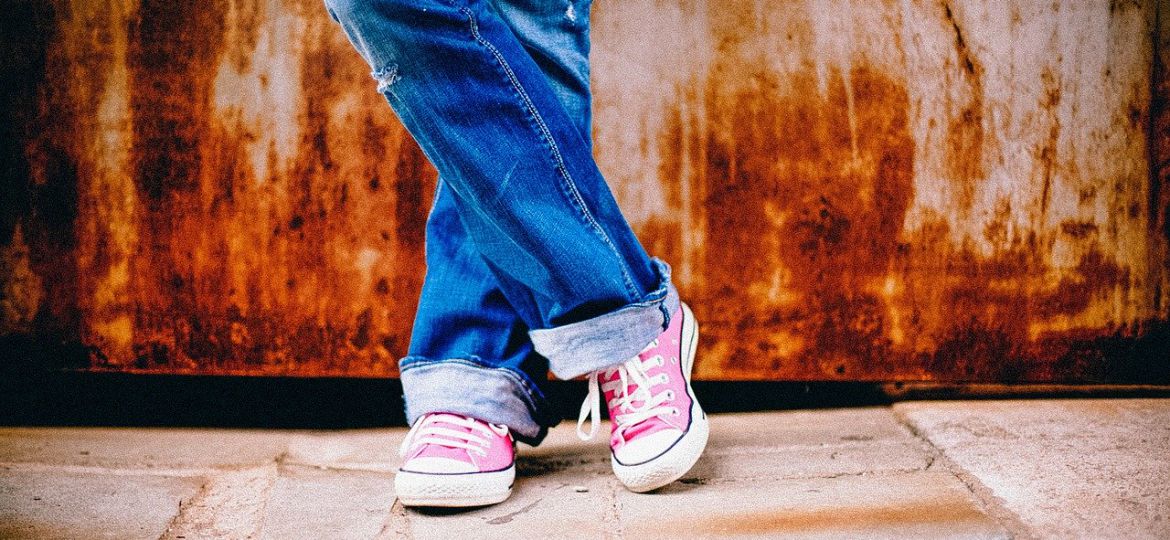
Growing up is a tedious task in our society because of the institutionalised practices, societal constructs and boxed identities and expressions that we are expected to adhere to. Anything beyond these implies harm, danger, and deviance. Throughout the course of our childhood, we are taught to abide by the norms around our assigned gender, around the silence covering our desires, and around the extreme competition of wanting to be better, the best and then better than the best to fit in.
In such a scenario, where society is busy inculcating in us practices that would make us the person that they want us to become for the rest of our lives, who cares what sexuality is? Did you ever hear about it as a child? Is it something to wear or something to eat? Is it my urge to find the meaning behind my desires? Is it my grappling with all the fantasies that speak in bundles in my head? Is it my journey to know about my pleasure, my identity, and myself? If so, then better not speak about it as it is almost a crime to think about our bodies, desires and choices when we are young. We are considered only old enough to constantly have to abide by the norms and fit into societal structures so that we can pave the way for the next generation to follow the same age-old traditions.
However, while the quest for living and becoming the best goes on…
Somewhere, in a peri-urban locality, a 15-year-old girl elopes with a 17-year-old boy to get married even though they are both below the legal age of marriage, in order to claim the most legitimate platform to express their sexuality and sexual desires.
Somewhere, in an all-girls’ school, two young girls get ‘caught’ kissing in the corridor and are expelled.
Somewhere, a 16-year-old boy (person assigned gender ‘male’ at birth/PAGMB) desires to dress up in their older sister’s kurta and see how they look in the mirror.
Somewhere, an 18-year-old woman (person assigned gender ‘female’ at birth/PAGFB), just entering college, secretly wants to write ‘he/him’ in the registration form and cut their hair really short, in a mohawk.
Somewhere, there is someone who wants to touch herself, experience how it feels, but has been told that girls are not supposed to do that, and that it is perverted and sick.
Somewhere, a 19-year-old man thinks about desires and pleasure while looking at pornography, and wants to try out what he sees with a woman in his class.
But we never talk about these experiences and desires as they are considered shameful and are ‘not a priority’. We let these young individuals either figure it out by themselves or try to get them to rid themselves of these ‘bad thoughts’. Some of them succeed in making some sense of their experiences and finding ways of nurturing and satisfying their desires, but some of them do not and struggle with these issues for a long time.
Adolescents’ and young people’s sexuality is still dismissed by a large part of our society, owing to the invisibilisation of the issues, concerns and needs of youth as a community, and the overarching cultural baggage that we carry in terms of ‘maintaining tradition’. There is a set of rules that is pre-determined and the pressure on young people is tremendous as this is the time, we are told, to abide by these rules so that we do not lose out in the race of being the best, and fitting in. Sexuality, because of the ambiguities around its definition, meaning, and stigma, remains an untouched, unexplored, taboo domain.
After all these years of feminist struggle, young people taking up leadership, the #MeToo movement, cries and toil around accessing human rights, the reading down of Section 377 in India, and a worldwide pandemic that has made the lack of adequate and accessible sexual and reproductive health care services for womxn visible, and outrightly asked us to revisit the healthcare system in general, is it not time to step back, change gear and put our world in order? If young people are considered the backbone of our society, why can’t we start conversations about sexuality earlier and not wait till someone goes through a violent relationship, traumatic experience, or even dies?
Young people’s sexuality cannot remain on the backburner anymore. We have come some way to where we can now initiate and stimulate conversations around sexuality. We still have a long way to go, to living in a world where talking about and expressing sexuality in all its diversity is normalised and no young person is ever shamed and stigmatised for choosing the life they want. We are moving forward, slow step by slow step, in trying to dismantle the system of hetero-patriarchal norms. One of the important steps in this journey is to continue questioning, dissenting, challenging, and finally, changing these norms.
Maybe embracing sexuality as a vast arena of our desires, pleasure, choices, emotions, practices and expressions, our whole self, our sense of becoming a sexual being, and affirming the magic around it, could allow us to acknowledge the beauty of it, and save a lot of us from living a life that we don’t want, and move towards living a life that we do want and can enjoy.
इस लेख को हिंदी में पढ़ने के लिए यहाँ क्लिक करें।
Cover Image: Pixabay